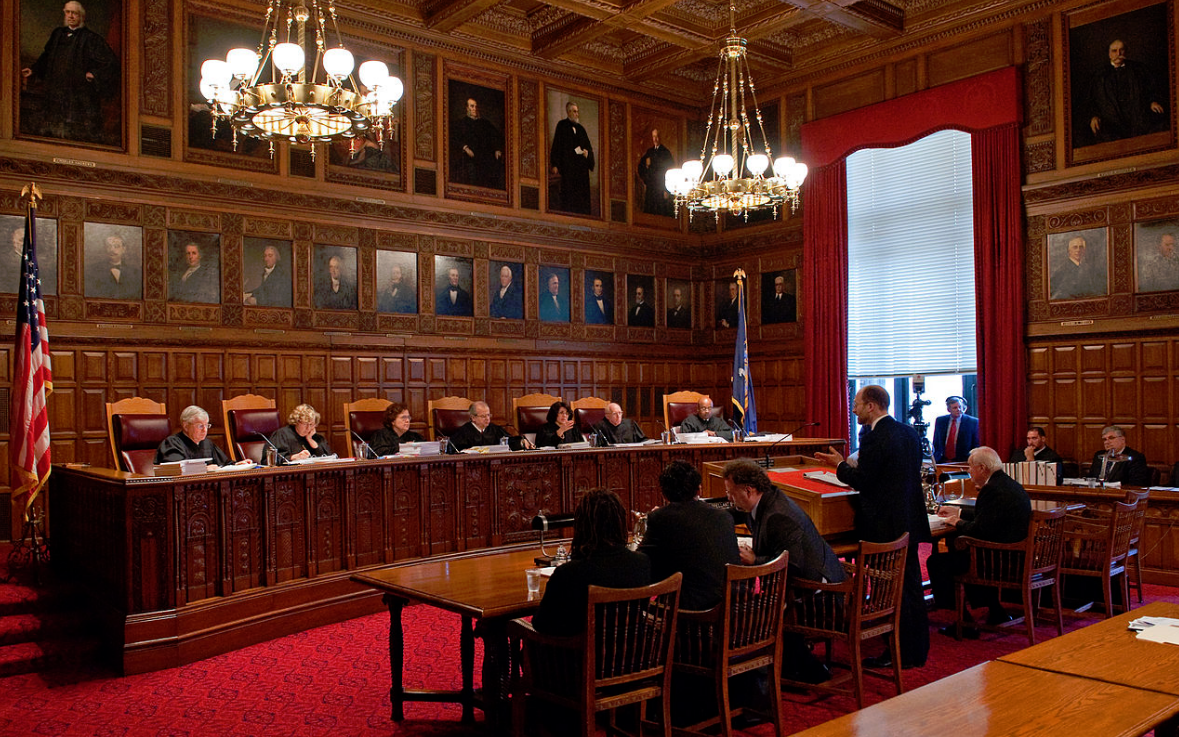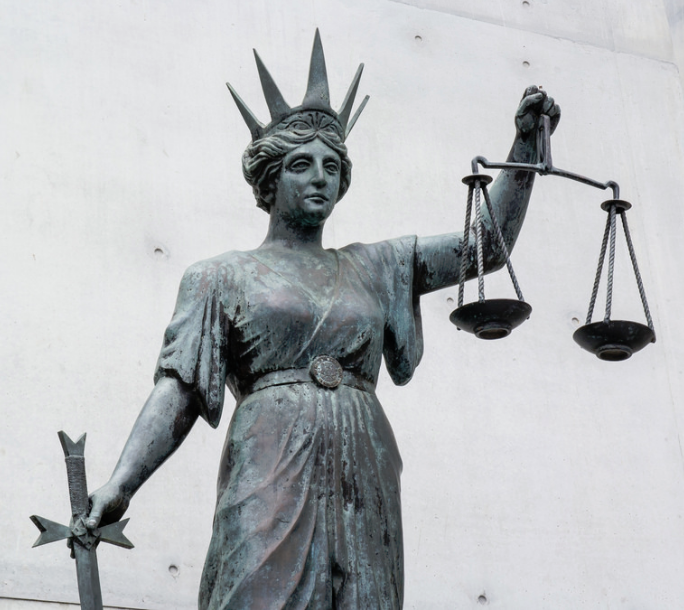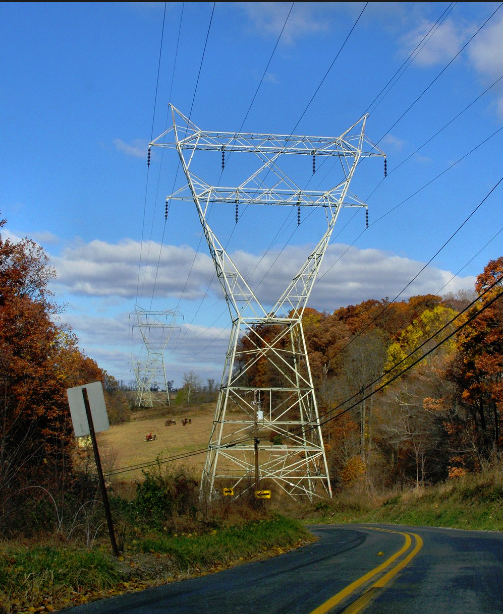Famous TV doctor Mehmet Oz—better known as “Dr. Oz”—recently accused his sister, Nazlim, of forging their late father’s will and stealing millions from his estate. A 2008 will left all of Mustafa Oz’s assets to the Mustafa Oz Foundation, a United States organization, and left Dr. Oz in charge of the foundation; however, Nazlim presented a new will dated 2018 after Mustafa’s death, which Dr. Oz claims is forged. Mustafa Oz passed away in Turkey in 2019, and litigation regarding his estate subsequently commenced in Turkey. Turkish prosecutors reportedly followed some of the money to bank accounts in at least three other countries. The Turkish estate dispute is proceeding alongside a…
-
-
Jilted North Carolina Spouse wins $8.8 Million over Wife’s Affair
Last week a Superior Court judge in Durham, North Carolina awarded Keith King $8.8 million dollars in damages against Francisco Huizar III, a man who had an affair with King’s wife. This verdict is the result of North Carolina’s alienation of affection and criminal conversion laws. A remnant of English common law, causes of action for alienation of affection and criminal conversion allow a spouse to recover damages when a third party interferes with the relationship and causes deprivation of affection, frequently seen in cases of adultery. At trial Keith King showed that he and his wife, Danielle, were happily married from 2010 until 2015. In 2015, Danielle…
-
Stormy Daniels and Uber: How Nondisclosure Agreements Affect Your Rights
Lately the term “non-disclosure agreements” (or “NDAs”) have inundated the news. These secretive agreements are now forefront in headlines about Stormy Daniels’ alleged affair with President Trump and Uber’s evolving corporate culture in response to claims of sexual harassment and discrimination. This has left many non-lawyers wondering: why do parties enter non-disclosure agreements and how do these agreements work? NDAs are contractual agreements designed to keep specified information confidential. Such agreements list and/or describe the information prohibited from disclosure and the punishment for disclosing such information, often, a large sum of money known as liquidated damages. Generally, parties are free to enter a non-disclosure agreement regarding any information, except that…
-
Stormy Daniels and Uber: How Nondisclosure Agreements Affect Your Rights
Lately the term “non-disclosure agreements” (or “NDAs”) have inundated the news. These secretive agreements are now forefront in headlines about Stormy Daniels’ alleged affair with President Trump and Uber’s evolving corporate culture in response to claims of sexual harassment and discrimination. This has left many non-lawyers wondering: why do parties enter non-disclosure agreements and how do these agreements work? NDAs are contractual agreements designed to keep specified information confidential. Such agreements list and/or describe the information prohibited from disclosure and the punishment for disclosing such information, often, a large sum of money known as liquidated damages. Generally, parties are free to enter a non-disclosure agreement regarding any information, except that…
-
Grumpy Cat Is Not As Grumpy After $710,001 Verdict
We all know Grumpy Cat. She rose to internet fame in 2012 as a meme that swept not only the nation, but the world. With her tiny little scowl, she stole the hearts of millions and even has a wax likeness displayed at Madam Tussaud’s Wax Museum in San Francisco. The six-year-old cat’s real name is Tardar Sauce (sic) and she and her owner, Tabatha Bundesen are $710,001 richer thanks to a court’s ruling regarding copyright and trademark infringement. In 2013, following closely on the tails of Grumpy Cat’s meteoric rise to notoriety, the owners of Grenade Beverage struck a licensing deal to sell a line of iced…
-
The Purpose of Non-Disclosure Agreements and How They Could Fail Harvey Weinstein
What happens when you violate a non-disclosure agreement? Are there any circumstances in which is permissible to violate one without consequences? What are non-disclosure agreements even for? What does everyone have to hide? Non-disclosure agreements are a way for businesses or individuals to protect confidential information given to their employees or other parties. They can also be called “confidentiality agreements” or simply “NDAs.” At Lindley Law, all employees sign a confidentiality agreement with respect to client information. In addition to attorney-client confidentiality, it is important to the attorney-client relationship that we maintain confidentiality so as to not compromise or prejudice our clients in any way. Other companies, such…
-
Twelve Causes of Action That May Accompany a Breach of Fiduciary Duty Claim
Several causes of action may be pled in conjunction with a claim for breach of fiduciary duty, depending on the facts and circumstances surrounding the case. Attorneys should consider the following claims when filing a breach of fiduciary duty cause of action and determine which, if any, also apply to their clients: 1. Constructive Fraud Constructive Fraud occurs when a person or entity gains an unfair advantage over another through unjust means, usually by lying or omitting important details. Constructive fraud differs from actual fraud because the elements of constructive fraud do require intent, or actual…
-
Breach of Fiduciary Duty vs. Constructive Fraud – Which Claim Do You Have?
Breach of Fiduciary Duty: A fiduciary is an individual or corporation to whom property or power is entrusted for the benefit of another. Fiduciaries must prudently care for any such assets, and may also have a number of additional duties, depending on the nature of their fiduciary relationship. These duties include, without limitation: a duty of good faith and fair dealing, a duty of loyalty, a duty of impartiality, a duty to delegate, a duty to inform, and a duty to maintain adequate records. To succeed on a breach of fiduciary duty claim, the plaintiff must prove…
-
A Twenty-Year Statute of Limitations for Challenges to Easement Encroachments
Easements in North Carolina just got a little easier to maintain and, if necessary, litigate. The Supreme Court of North Carolina ruled in August 2016 that easement holders have twenty years within which to file a suit for the removal of easement encroachments. This overruled previous case law requiring easement holders to file a suit within six years.[1] There are many different types of easements, but put simply, easements are a right to traverse or otherwise use someone else’s land for a specified purpose. For example, one could have an easement to cross over their neighbor’s land to access a home or a fishing pond.…
-
Eight Questions and Answers about Fiduciary Litigation
What is fiduciary litigation? Fiduciary litigation encompasses a wide range of legal actions including, without limitation, trust and estate litigation, will contests (also referred to as caveat proceedings), breach of individual and corporate fiduciary duty claims, and guardianship proceedings. Fiduciary litigation is becoming increasingly relevant as the baby boomer generation continues to age. What is a fiduciary? A fiduciary is an individual or corporation in whom another places trust and confidence to act in their best interest. Generally speaking, a fiduciary is tasked with prudently caring for the financial assets of another. What are the types of fiduciary relationships? Relationships created by statute, such as in…




